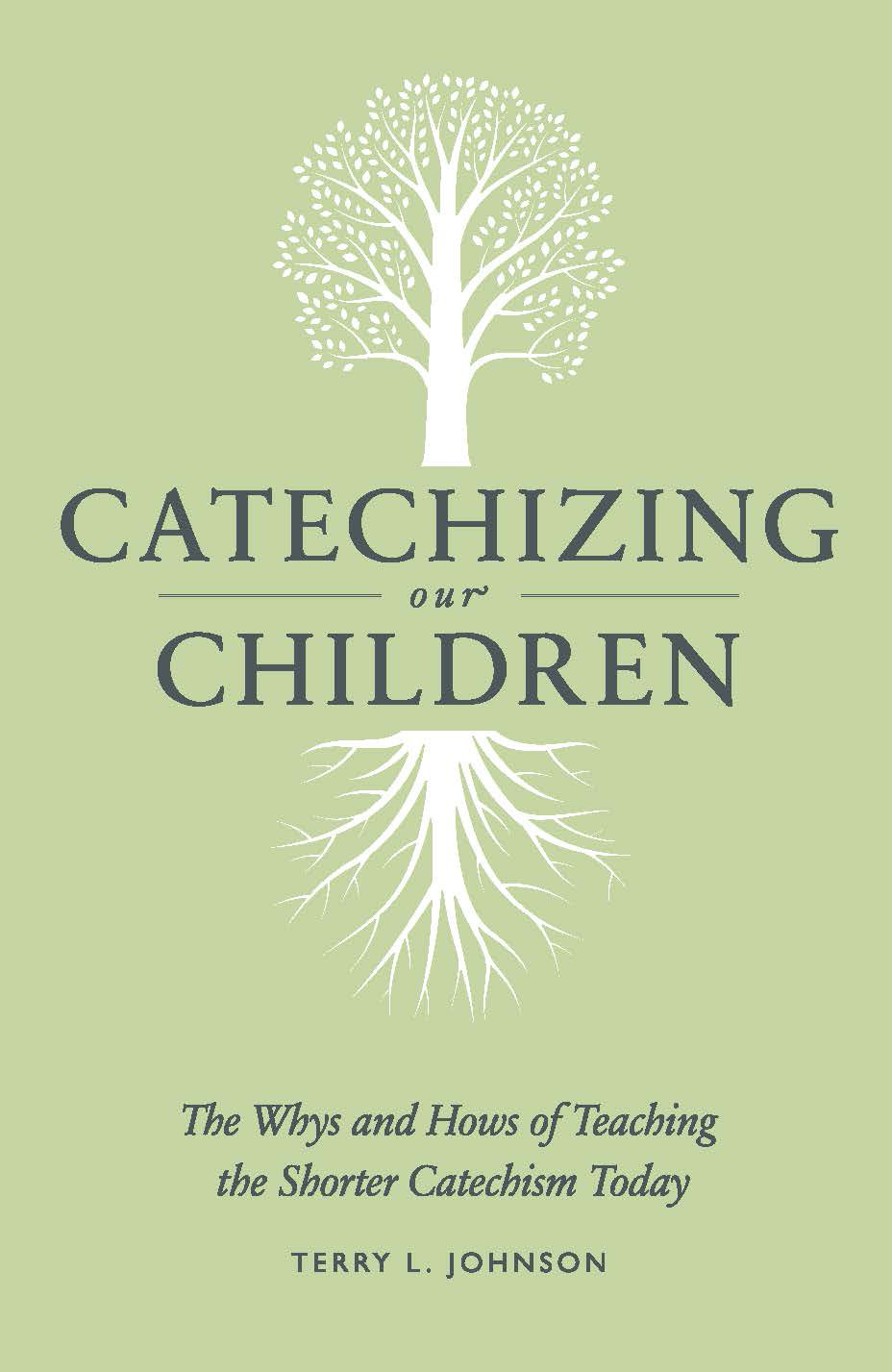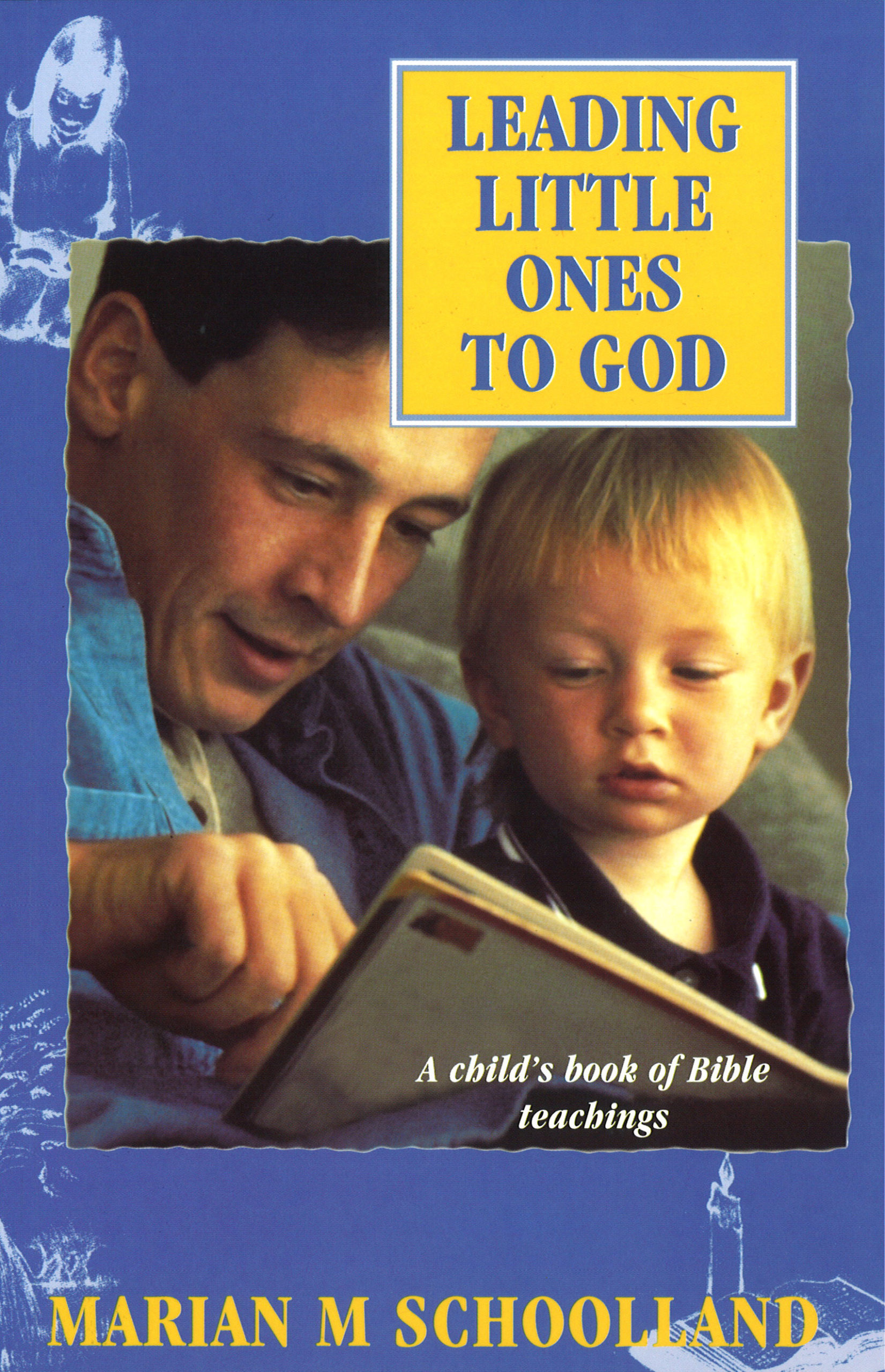Original Sin and Education
Education is very much in the forefront of the nation’s thinking these days. Within the last few years we have seen the publication of several important official reports. The supply and remuneration of teachers, the virtues of various forms of secondary education and the relationships between pupil, parent and school — all these are, rightly, widely discussed and reported. Education is very much in the news.
The essential considerations of education, however, are largely neglected or placed in a file labelled ‘Philosophy of Education’ only to be taken out for ‘mugging up’ before finals and thereafter thought to be worthy of consideration only by impractical idealists. I mean such questions as: ‘What is education for?’ ‘What sort of person do we wish to produce?’ and ‘Has Christianity anything to say on the subject?’ The reason for this neglect is probably to be found in the very complexity of the subject. Even the experts declare themselves baffled; the title of an educational conference held a few years ago was ‘The Problem of the Aims of Education’ [italics mine].
Nevertheless the Christian, who finds himself in a minority among those who think educationally, is forced to consider these questions in the light of his daily practice, even though he may find that his testimony to the truth of Christian teaching on these matters goes largely unheeded. He may, however, be fortified by the fact that here, as in many areas of life, there is a certain amount of ground which he holds in common with the non-Christian.
For instance, it is often urged that in education the ‘proper study of mankind is man’. Thus the teacher is urged to study his charges and the pupil is exhorted in the words which were said by the Greeks to have fallen from heaven, that is, ‘Know thyself’. This is not the whole truth of course but it is a starting point. We must know what are a child’s natural endowments and propensities before we can modify his development, which is a generally accepted aim of education.
How then may we know what children are like?
First, we may observe them and record our findings. This is the method of educational psychology and obviously it has its uses. Nevertheless it is not sufficient of itself because the psychologist, as long as he wishes to preserve a scientific objectivity, may make no moral judgements but is chiefly concerned to discover the particular therapy that will bring about the desired cure of a certain behavioural problem. His study is mainly pragmatic.
For this reason we need to go to the second source of our knowledge of human nature, that is to say God’s revelation in Holy Scripture which is the supreme rule of faith and practice for the Christian. Not that we may expect to find in the Bible a detailed text-book of education; what we can expect to find are sufficient principles on which to base our educational theory and practice.
Before we proceed to consider the Biblical teaching on the subject, we may observe in passing that we need not wonder if Christians and non-Christians differ in their views on the education and upbringing of children in view of the fact that they differ on the fundamental question of authority. One finds his authority in the infallible Word of God, the other in human reason. Sir Fred Clarke once remarked that all educational philosophies fell into two classes which could be typified by St Augustine and Rousseau respectively. He added that Augustine believed in the Scriptural doctrine of original sin whereas Rousseau denied it; Augustine believed in the inherent depravity of the child’s nature whereas Rousseau believed in its innate goodness.
Like Rousseau educationalists today have not shown themselves any more disposed towards the Christian view of man. Writing in 1954, E. W. Crabb claimed in his book, Train Up a Child, that ‘in spite of many demonstrations of the truth of original sin, much educational practice is still motivated by ideas of the inevitability of progress and the ability of man to achieve his own salvation.’ In this sphere also the fact is that ‘the natural man cannot receive the things of the spirit of God’.
Nevertheless, no matter how hard men try to stifle the conviction, the phenomenon of universal religion tells us that he recognizes himself to be in an imperfect state. If he recognizes that there is Something or Someone greater than himself and to which or to whom he is responsible and which or whom he must propitiate, this is an argument in favour of an ingrained sense of imperfection. According to Paul in Romans 1 the sin of the Gentiles consists in the fact that though they had the knowledge of God revealed to them in the things of the phenomenal world they did not worship the One who created it all. Moreover, when they who are without the revealed law do by nature what the law requires they show that the law is written in their conscience and their conflicting thoughts accuse or else excuse them. The situation with regard to those to whom God revealed His law is even more plain. Though they make their boast of the law they dishonour it by breaking it and the name of God is blasphemed among the Gentiles because of them.
The testimony of Scripture to the universality of sin is borne out by the sort of language it employs when it speaks of the treatment necessary to cure it. For instance, all men everywhere are commanded to repent, and turn from sin. Christians are described as those who have been made alive, or born again. They are told to seek holiness if they would see the Lord.
No matter how much men may try to deny the fact, they cannot silence the witness of their conscience to their sinfulness. They may be oblivious of the extent of their guilt, they may feel that any punishment which is due to them is unfair, but they cannot escape a fact of which all men are in measure conscious and to which Holy Scripture bears testimony on almost every page, namely, that men are by nature and practice sinners.
The doctrine that sin is a result of the disobedience of our first parents was generally held among orthodox Christians until the eighteenth century when, under the influence of rationalism and evolutionary philosophy the doctrine of the fall of man was gradually discarded and the idea of sin was replaced by that of ‘evil’, the origin of which was explained in various ways. Rousseau, for example, held it as an ‘incontrovertible rule that the first impulses of nature are always right; there is no original sin in the human heart; the how and why of the entrance of every vice can be traced’. The source, he believed, was in the child’s environment and in particular in the ill-advised direction of the parent or teacher. This, of course, is in direct contradiction to the words of Christ in which he said that ‘out of the heart of man proceed evil thoughts etc.’ In our own times, Buber [as quoted in The Function of Teaching: Seven Approaches] is said to be ‘against’ sin, but ‘he makes it look cosier and much less a part of our gene-inheritance than many a Sunday-school pedant would have it!’
The ‘Sunday-school pedant’, however, has the testimony of Scripture on his side, for with respect to the origin of sin the Bible teaches that it began with the transgression of Adam in disobeying a revealed law and this sin caused the entrance of sin as a principle into his posterity as can be seen by the subsequent actions of his children in the first few chapters of Genesis. Moreover, Adam sinned not only as the father of the race, but also as the representative head, so that the guilt of his sin is placed to the account of all those who are his descendants. This is proved by the fact of death, which is the punishment for sin. Adam was told that in the day he disobeyed he would surely die. In a spiritual sense this was immediately applied as can be seen by the sense of guilt which entered into his heart estranging him from God. In a physical sense the punishment was delayed though inevitable and applied also to his descendants ‘whose sins’, however, ‘were not like the transgression of Adam’ (Rom. 5:14), so that the Apostle could say that ‘death reigned’. The Apostle had previously said that ‘sin came into the world through one man’ (v. 12) and he goes on to say that ‘by one man’s disobedience many were made sinners’ (v. 18). The connection between Adam’s sin and the universal consciousness and experience of the effects of sin is made explicit.
The bearing of this teaching upon the state of children should be clear to all who take the Bible seriously. It leaves no room for the idea that children are not sinful, merely immature. It is true that some failures are typical of childhood but it is also true that every child contains in his heart the root of sins which only need the occasion to blossom forth openly. Some say that Christ’s view of children is different from the picture of human nature which has been painted here. They point out, for instance, that Christ bade little children come to him for of such is the kingdom of heaven. It may be said in reply that Christ’s calling children to him proves their need of him and his urging would-be disciples to be like little children probably refers to the simplicity of the implicit faith he would have them exercise. Children need the grace of Christ as much as adults because they are as much lost in sin as adults are. Moreover, they need the instruction and discipline which can prepare them to receive the grace of Christ.
This, however, should be done with wisdom and love, for Scripture recognizes that a man’s idea of discipline may not always correspond with God’s (Heb. 12:9), and parents may simply ‘exasperate’ their children (see Moffatt on Eph. 6:4). A Christian who believes in original sin must be careful how he applies it, for it is an unfortunate fact that the doctrine has been pilloried for its supposed influence on educational practice.
For instance, it has been blamed for the excessive use of corporal punishment in former times. Its responsibility in this matter, however, is more apparent than real. There have been educators who have used corporal punishment cruelly and excessively and yet have held no belief in original sin as far as I can gather. Such were the ancient Romans. Luther has been cited as one whose views on human nature led him to advocate the excessive use of corporal punishment, but I believe that his advocating such measures was the result of his own upbringing, the general custom of his day and the fact that he envisaged universal education, which has always brought greater behavioural problems in its train. On the other hand, a case which proves that a belief in this doctrine may consist with great gentleness is to be seen in the Port-Royalist educators of seventeenth-century France, who, though Jansenist in their doctrine, yet were careful to show a tender regard for those ‘whom original sin had most deeply wounded.’
But what of the frequent references in the Bible, especially in Proverbs, to the ‘rod of correction’ which drives out the ‘folly’ which is ‘bound up in the heart of a child’? We have no disagreement with those who would apply this literally, always providing that the warning of Hebrews 12:9, already cited, is borne in mind. Some, however, believe that the verse, and others like it, underlines only the general need for discipline and that in a modern situation the punishment may vary from the form which these texts prescribe. Whatever the truth may be, it is a fact that corporal punishment, which must by all means be retained as the ultimate deterrent, cannot of itself reform the child but can only deal with the outward manifestations of his sin. Care, too, must be taken to ensure that the child is a fit subject for corporal punishment; in some cases the result might be most distressing. The command to discipline is an absolute one; the command to use corporal punishment may not be.
A second objection is that it leads, as S. J. Curtis claims in his Introduction to the Philosophy of Education, to the banning of ‘innocent amusement’. If he is referring to the theatre, it may be pointed out that the Puritans’ objection to the contemporary theatre was that it was only too ready to display the effects of original sin. Moreover, Rousseau, whose objection to this doctrine is notorious, himself attacked the theatre’s corrupting influence most roundly!
A third objection is that it leads to excessive spying on the pupil to guard him against his corruption. This, it is to be feared, was the case with the Puritan educator, John Dury, who even advocated in his ‘Reformed School’ a system of spies who would report any signs of corruption to the masters. Nevertheless, distasteful as this type of practice may seem in its extreme form, it is less harmful than the modern notion of ‘freedom’ , which is often no more than sheer irresponsibility.
It may further be objected that the teacher’s job is to get on with teaching the subjects he is paid to teach. But the Christian teacher, as Dr Curtis says, cannot remain neutral and uncommitted. His way of thinking is bound to find expression in his teaching, and this goes for a belief in original sin too. As E. W. Crabb claims, ‘Somewhere or other in the training of the child there must be the opportunity for emphasizing this fundamental of the faith’.
Has a belief in original sin any positive effects upon our educational practice then? I think it has. First, in the content of our lessons, we will ensure that both the bad side and the good side of men’s characters, opinions and actions will be brought out. Many text-books remind one of the caucus race — ‘all have won therefore all must have prizes’! Secondly, in the practice of teaching, a sane belief in original sin will keep us from the educational madness of the so-called ‘naturalist’ school of discipline, which still has many advocates, in practice if not in theory.
We have been able merely to hint at ways in which a belief in this doctrine might affect our practice. One way in which it ought to affect us is that it should drive us to pray for these young lives which are lost in sin and to strive to lead them, as we are led and enabled, to a knowledge of Jesus Christ as their Sin-bearer and Substitute. Let us take to heart the words of Paul – ‘We were by nature the children of wrath, even as others. But God, who is rich in mercy, for his great love wherewith He loved us, even when we were dead in sins, hath quickened us together with Christ’ (Eph. 2:3-5), and let us believe that the same grace which saved us can also save them.
Of Further Interest

Description
Education is very much in the forefront of the nation’s thinking these days. Within the last few years we have seen the publication of several important official reports. The supply and remuneration of teachers, the virtues of various forms of secondary education and the relationships between pupil, parent and school — all these are, rightly, […]

Description
Education is very much in the forefront of the nation’s thinking these days. Within the last few years we have seen the publication of several important official reports. The supply and remuneration of teachers, the virtues of various forms of secondary education and the relationships between pupil, parent and school — all these are, rightly, […]

Leading Little Ones to God
A child's book of Bible teachings
Description
Education is very much in the forefront of the nation’s thinking these days. Within the last few years we have seen the publication of several important official reports. The supply and remuneration of teachers, the virtues of various forms of secondary education and the relationships between pupil, parent and school — all these are, rightly, […]
Latest Articles
Finished!: A Message for Easter 28 March 2024
Think about someone being selected and sent to do an especially difficult job. Some major crisis has arisen, or some massive problem needs to be tackled, and it requires the knowledge, the experience, the skill-set, the leadership that they so remarkably possess. It was like that with Jesus. Entrusted to him by God the Father […]
Every Christian a Publisher! 27 February 2024
The following article appeared in Issue 291 of the Banner Magazine, dated December 1987. ‘The Lord gave the word; great was the company of those that published it’ (Psalm 68.11) THE NEED FOR TRUTH I would like to speak to you today about the importance of the use of literature in the church, for evangelism, […]
